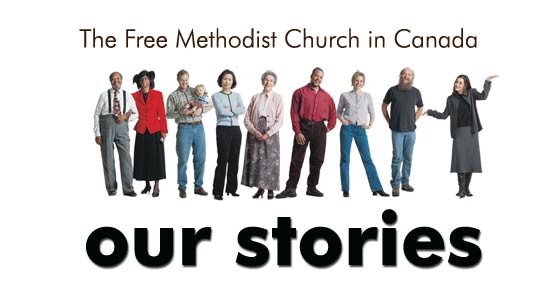Malcolm Gladwell, in his book "Blink" describes the interesting research work of Vic Braden, one of the world's top tennis coaches. Vic has studied hours and hours of video tape and used advanced digital imaging techniques all in an effort to understand what makes the great players so great. "Almost every pro in the world says that he uses his wrist to roll the racket over the ball when he hits a forehand" but as Vic Braden has discovered this is just not the case. Through digital video imaging he is able to break each of their movements down into the component parts and discover what their secret is: talent. That's right, they can do what they do because they have a gift. Sounds simple enough.
However, Vic Braden has made a much more interesting discovery about athletes; he has discovered that there is a gap between the truth of what the athlete is doing and the athlete's experience of that truth. Many of these tennis pros, after they retire, take what they "know" about tennis and teach it to others. When they coach their students on how to have a killer forehand they encourage them to use their wrists to roll the racket over the ball. While this gives the student something interesting to try and practice it most likely won't do much to improve their tennis game.
I have noticed this same phenomenon in the world of books and conferences on the church. The writers and speakers distilled the truth of their own stories into a series of easy to digest principles and tips. They create a presentation of these principles and tips which they convey to an eager audience. The audience is curious to know the secret of exactly how they too can grow their church of 50 people to 5,000 in six easy steps. Some of the things they hear are true and helpful. Some of the things they hear might be interesting to try and practice but won't do much to help our churches. The truth of how to lead a church to health or how to plant a church is very complex. Sometimes it is more complex than a book or seminar may lead you to believe. While these types of resources are often very helpful The Free Methodist Church in Canada has at least one other way to help our leaders lead churches.
Enter the Free Methodist church networks. While on the surface it might appear that these networks are no different from a series of books or seminars, and we certainly do share what we are learning from books and seminars at our meetings, there is much more going on here than first meets the eye. The power of a network lies in the fact that over time and through the sharing of our stories we are able to learn so much more about church leadership than any book or conference could dare boast. We learn much more than mere tips and tricks for leadership when we walk side by side with each other. We learn the value of support and friends. We learn the importance of accountability. We learn that sometimes you can do everything right and things can still go wrong. We pray for each other. We care for each other. All of this can shape us into better leaders.
Consider this: it is a commonly held statistic that 2/3 of all church plants fail. While I can't verify the truth of this or point you to the study that made the claim I have heard it stated in many seminars and books. It's certainly a bleak statistic. It certainly doesn't make you want to rush out and start a new church does it? Now consider this: every one of the church plants that started in the Church Startup Network in Eastern Ontario is still going strong. To what do I attribute this good news? Well, I'd love to claim that it was my brilliant teaching and incisive leadership… but anyone that actually knows me can quickly dispel that myth. Here are some good guesses: We have some top quality planters in that network. Local churches in that area, and across the country, are working very hard and giving sacrificially to support church planting. Ask any of the folks in that network and they will say that the support and learning they receive from each other has been invaluable to them.
These types of top quality bonding and learning experiences are common in many of our networks. It is because of this fact that the National Leadership Team has committed itself to improving the network system in our movement. It is also because of the power of these networks that I am partnering with national groups like Resonate.ca and others to create a national network of church planters. We hope that this will be one of the single greatest contributions we can make to the growth of new kinds of churches in Canada.
Rev. Jared Siebert is Director of Church Growth Ministries for The Free Methodist Church in Canada.
skip to main |
skip to sidebar


Blog Archive
-
▼
2006
(32)
-
▼
July
(9)
- Student Ministries - Bible Quizzing
- Destination: Accra, Ghana
- FM Helping Hands in Katrina-ravaged Mississippi
- Rob Clements Book Picks
- Meet Joanne Bell - Stewardship Development Director
- How our stories change lives
- I'm with Him
- Forget about inviting Him without His Bride
- Japanese woman travels to Canada to be baptized
-
▼
July
(9)
Links
About The Free Methodist Church in Canada
- Our Ministry Centre is located in
- Mississauga, Ontario, Canada
- The Free Methodist Church is a movement of Christian congregations all across our country that are committed to sharing the good news of faith in Jesus Christ and encouraging believers into a life of ongoing transformation that impacts our families, our communities and our nation.

No comments:
Post a Comment